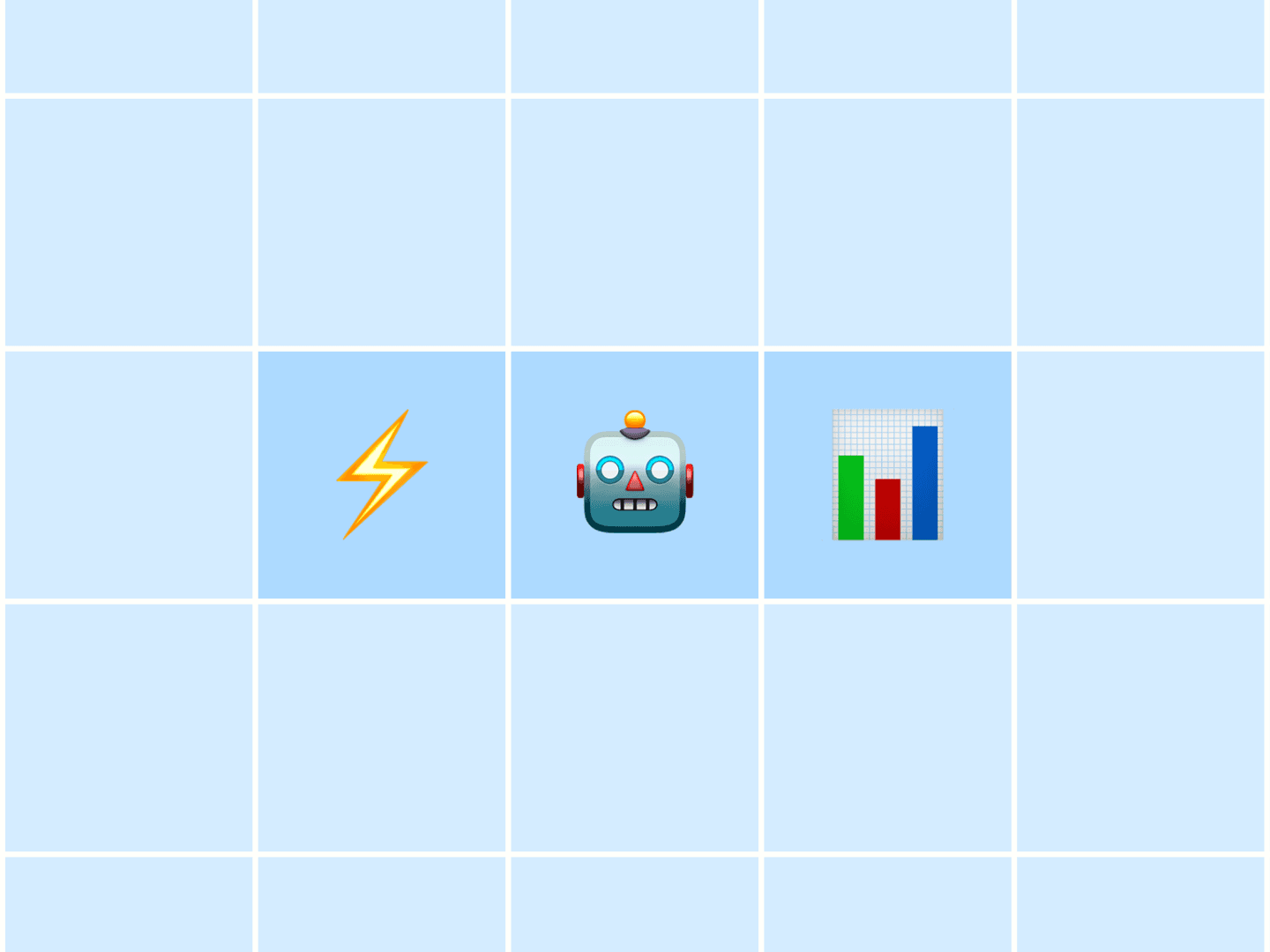Productivity
A collection of posts on Productivity

- Topic
- Bluesky
- Published
A step-by-step guide to scheduling Bluesky posts, cross-posting to other platforms like X or Mastodon, and even creating threads.
Reading time7 minute read

- Topic
- Creator
- Published
Here's how I used Buffer to triple my LinkedIn impressions and grow my newsletter.
Reading time6 minute read

- Topic
- Open
- Published
In this article, Kateryna shares the results from testing four AI-powered speech-to-text tools in her daily workflow.
Reading time6 minute read

- Topic
- Productivity
- Published
As a self-proclaimed tools nerd, I’m testing the ever-growing list of AI productivity tools on the market. These are the ones I keep coming back to.
Reading time10 minute read

- Topic
- Creator
- Published
Inside the mindset shift that has helped me stay consistent, be more productive, and not lose hours to scrolling when I should be creating.
Reading time9 minute read

- Topic
- Creator
- Published
Learn how a WFH mom posts consistently, grows on social media, and balances work and parenting — without burning out.
Reading time6 minute read

- Topic
- Creator
- Published
I have ADHD, a full-time job, and a growing audience. Here’s how I create consistent content without burning out — and the tools that help me.
Reading time11 minute read

- Topic
- Creator
- Published
Learn how I created my LinkedIn Content Buckets and what I use them for.
Reading time9 minute read

- Topic
- Creator
- Published
Everyone says consistency is the key to growth on social media. And in this article, I’ll show you exactly how it works.
Reading time8 minute read

- Published
From downloadable PDFs to spreadsheets to tools, here are over a dozen free calendar templates to help you plan your social media content — in the way that makes the most sense for you.
Reading time17 minute read

- Topic
- Productivity
- Published
I work and create content full-time – here's the system that helps me keep showing up.
Reading time7 minute read

- Topic
- Productivity
- Published
I've tried 57 productivity tools in the past year. These are the ones I keep coming back to.
Reading time12 minute read

- Topic
- Productivity
- Published
Here's how I prepared for a month's worth of social media content in one day.
Reading time11 minute read


- Topic
- Tools
- Published
Our list of 2025 time-saving, productivity-boosting tools every creator needs in 2025
Reading time9 minute read

- Published
Learn what tools and workflows you can use as a verbal processor to turn all those spoken ideas into content you can share on social media.
Reading time7 minute read

- Topic
- AI
- Published
I went from occasional AI user to power user in months. How? My mindset for how to approach AI evolved. Now, I reach for AI every day.
Reading time8 minute read

- Published
Swipe files can be an evergreen source of inspiration for your social media – if you do them right. Here's how.
Reading time10 minute read

- Topic
- Z - Popular
- Published
Reading time12 minute read

- Topic
- Flow
- Published
In this article, Matt Giaro shares systems and mental models for maintaining a sustainable content creation workflow.
Reading time8 minute read

- Topic
- Flow
- Published
In this article, Anna Burgess Yang details how the automation process she uses for content repurposing.
Reading time7 minute read

- Published
Reading time5 minute read

- Topic
- Flow
- Published
In this article, we dive into some of our (and other creators’) top recommendations for boosting productivity so you can effectively grow your social media accounts.
Reading time6 minute read

- Topic
- Open
- Published
Reading time5 minute read